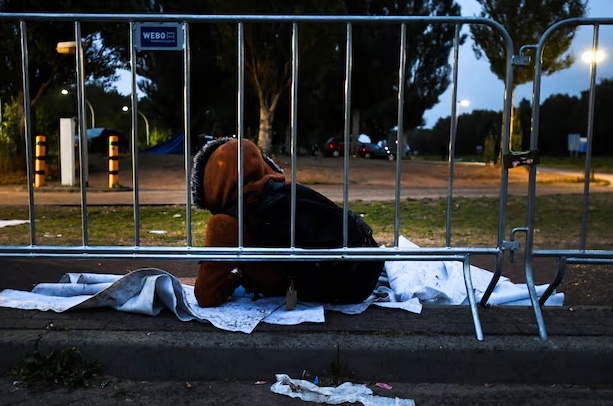The Dutch government is considering a plan to send African asylum seekers whose applications are rejected to Uganda, a move that has drawn criticism from opposition parties, local media reported on Friday.
Dutch Trade and Development Minister Reinette Klever said Uganda was open to discussing the possibility, although the plan was still at an early stage, according to reports.
Klever emphasised that the initiative aims to “deter migration” and would include financial compensation for Uganda in exchange for accepting asylum seekers.
While the proposal has received some support in the ruling coalition, other members have expressed concerns, especially about Uganda’s human rights record and its recent anti-LGBTQ+ legislation.
Claudia van Zanten from the Farmer-Citizen Movement (BBB) stressed the need for caution regarding LGBTQ+ security, while Diederik Boomsma of the New Social Contract (NSC) also recognised that Uganda’s unstable human rights record is a problem.
Opposition leaders sharply condemned the proposal, with Jesse Klaver of the Green Left Party accusing the government of using it to divert attention from domestic issues.
Critics also drew comparisons with Britain’s cancelled plan to send asylum seekers to Rwanda, which cost taxpayers 700 million pounds (nearly $913.4 million) and failed. Ugandan Foreign Minister Okello Oryem expressed scepticism, noting that Uganda has already taken in 1.6 million refugees and questioned why European countries were deporting refugees.
Asylum seekers crisis worsening
The Netherlands, which has received an average number of asylum applications compared to other EU countries, is set to adopt one of the strictest migration laws in the EU.
Amsterdam is going to intensify border checks, toughen the conditions for granting asylum to foreigners, simplify and intensify the process of repatriation of migrants, and ban foreign children who have reached the age of majority from being automatically reunited with their families on Dutch territory.
However, opposition figures and human rights activists are concerned about the feasibility and legality of the proposed plan.
The situation with migrants in the Netherlands deteriorated sharply last August. Due to a shortage of places in temporary accommodation centres, the authorities had to put refugees on a cruise ship, and more than 700 people spent the night on the street.
Last autumn, the Council of Europe for Human Rights urged the Dutch authorities to take urgent measures to improve the reception conditions for refugees, and the Hague Court of Justice also ruled accordingly.
